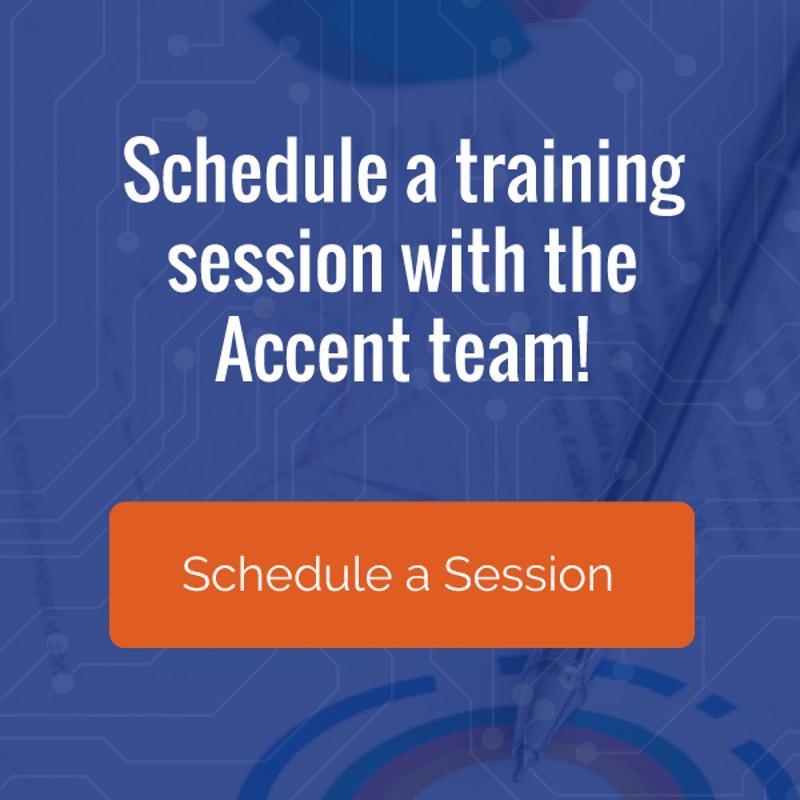System selection criteria every manufacturer should consider when switching ERPs
Pinpointing the perfect manufacturing enterprise resource planning solution is no easy task in today’s oversaturated ERP market.
With more than 200 different available platforms, the cross-functional teams responsible for sourcing and implementing manufacturing ERPs have considerable work ahead of them, according to research from Panorama Consulting Solutions.
However, these groups are not doomed to scour the proverbial ERP haystack in vain. ERP implementation teams with strong system selection criteria can sort through potential solutions and identify software that can make a significant impact on the shop floor. Here are three of those critical variables:
1. Operational compatibility
Despite the prevalence of industry-agnostic ERP solutions, customization continues to be commonplace among adopters. In fact, an estimated 82 percent of the businesses that implement ERP software work with vendors to modify their respective systems, Panorama found.
This state of affairs seems to indicate that adopters in the manufacturing space can safely select just about any ERP solution on the market and see success. In reality, this is not the case, Industry Week reported.
“With more than 200 different available ERP platforms, manufacturers have considerable work ahead of them.”
Manufacturing firms must look for vendors with products that meet their core business needs without serious customization. While some code modification is acceptable and even necessary, implementation teams should only consider ERP technology that matches existing internal processes.
2. A track record of success
Manufacturing ERP software alone cannot prompt operational transformation. Vendors must collaborate with adopters to tightly integrate ERP technology into mission-critical shop floor practices and create employee training resources that emphasize system-usage best practices. These and other ancillary implementation activities allow organizations to get the most out of their solutions and lay the foundation for sustainable growth.
Manufacturers navigating the ERP adoption process should keep this in mind and carefully assess vendors on their ability to deliver on larger project goals, CIO reported. How? Client references are ideal, as past or current customers can effectively capture the entire implementation experience, from software installation to post-implementation support.
3. Room for ERP expansion
Businesses in virtually every sector are interested in exploring some of the newer ERP components entering the market, according to research from Cisco.
Artificial intelligence modules, robotic process automation features and internet of things connectors are among these cutting-edge system elements, many of which may soon transform from nice-to-haves into system essentials due to the continued development of Industry 4.0. Manufacturing firms would be wise to take note of these ascendant ERP fixtures and search for systems that can grow with as needed.
In the end, organizations in the manufacturing space that emphasize these system selection criteria can put into place effective ERP technology that facilitates operational transformation.
Here at Accent Software, we help manufacturing firms implement ERP platforms of this kind. As a certified Microsoft Business Solutions partner, Accent provides vendor-vetted Microsoft Dynamics NAV implementation services, which allow businesses to put into place best-in-class ERP software designed to facilitate organizational growth.
Connect with us today to learn more about our products and services.







